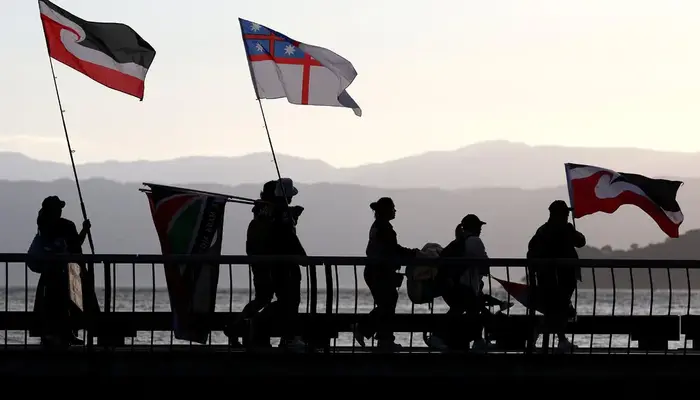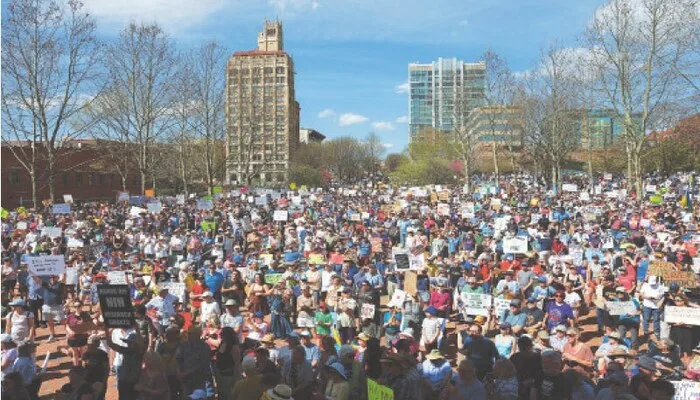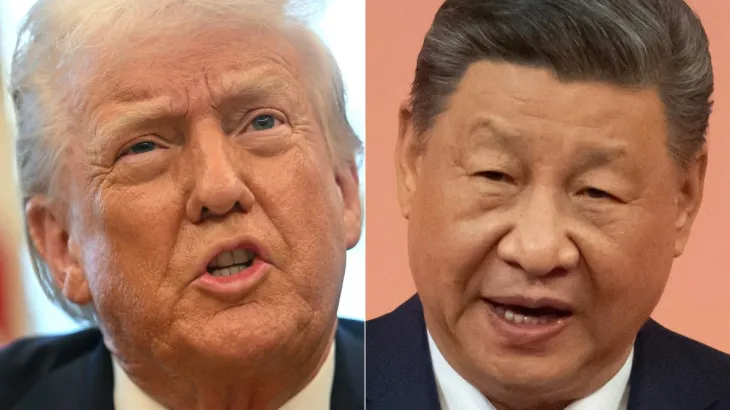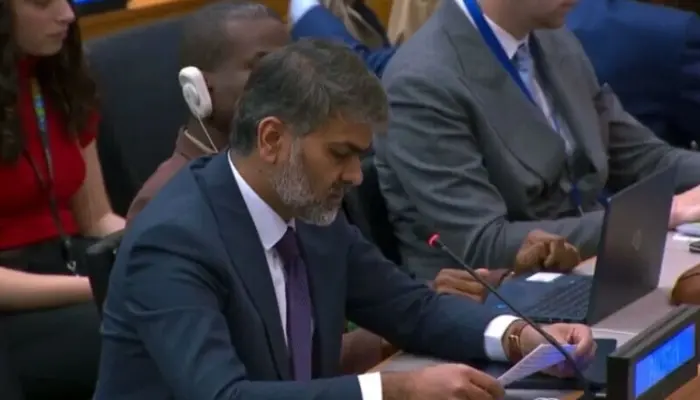
Thousands of Maori are rallying against proposed changes to New Zealand founding document, the Treaty of Waitangi. They argue that the Treaty Principles Bill undermines their rights and erases historic commitments to Indigenous sovereignty.
A Nine-Day March for Justice in New Zealand
On Tuesday, 42,000 protesters marched to the New Zealand Parliament in Wellington. This demonstration concluded a nine-day hikoi (peaceful march), a Maori tradition symbolizing unity and resistance. Protesters aimed to oppose a controversial bill introduced on November 14 that seeks to reinterpret the Treaty of Waitangi, a cornerstone of Maori-British relations since 1840.
For nine days leading up to the march, Maori demonstrators peacefully gathered outside Parliament. Maori lawmakers even performed a traditional haka during a parliamentary session to disrupt proceedings and voice their opposition.
Understanding the Treaty of Waitangi
Signed in 1840, the Treaty of Waitangi, or Te Tiriti o Waitangi, established New Zealand as a British colony. However, disparities between the English and te reo Maori versions created lasting tensions.
The te reo version guaranteed Maori rangatiratanga (self-determination), allowing Maori communities to govern themselves. However, the English translation claimed that Maori ceded sovereignty to the British Crown. Despite these guarantees, colonial authorities seized over 90% of Maori land and suppressed their culture.
What Does the Bill Propose?
The Treaty Principles Bill, introduced by ACT Party MP David Seymour, aims to standardize interpretations of treaty principles. Proponents argue it will eliminate perceived racial divisions by treating all New Zealanders equally. Seymour claims current treaty interpretations give Maori preferential treatment, such as ethnic quotas in public institutions.
Critics, however, say the bill disregards Maori rights and fails to account for historical injustices. Maori leaders and activists argue that applying uniform principles will disadvantage Indigenous communities that have long faced systemic oppression.
Read: Russia Blocks Sudan Ceasefire Resolution at UN
Widespread Opposition
The bill has sparked intense backlash from Maori groups, legal experts, and political parties across the spectrum. The Waitangi Tribunal condemned the bill, calling it “the worst breach of the Treaty in modern times.” Experts believe the bill undermines decades of progress in addressing treaty violations and would erode Maori sovereignty.
Even within the government coalition, opposition is strong. While the ACT Party pushed the bill, its partners, including the National Party and New Zealand First, have pledged to vote against it. Analysts say the bill is unlikely to pass but has already caused significant social division.
Why the Protests Persist
Although the bill’s chances of passing are slim, Maori communities see it as part of a broader pattern of government actions undermining their rights. The coalition government has already removed laws that granted Maori a say in environmental matters and abolished the Maori Health Authority earlier this year.
By allowing the bill to reach Parliament, critics argue the government has legitimized anti-Maori sentiment and reignited racial tensions. Protesters demand not only the rejection of the bill but also stronger commitments to uphold the Treaty of Waitangi and protect Maori sovereignty.
The demonstrations highlight a growing call for justice and equity, as Maori communities continue to fight for their rights and recognition in modern New Zealand.
Follow us on Google News, Instagram, YouTube, Facebook,Whats App, and TikTok for latest updates












